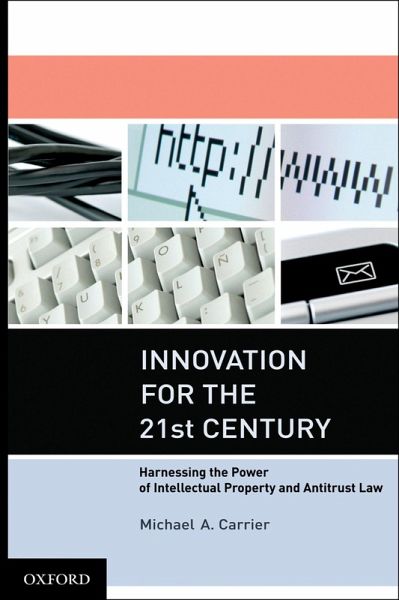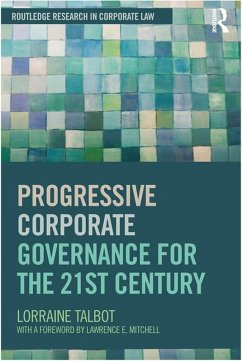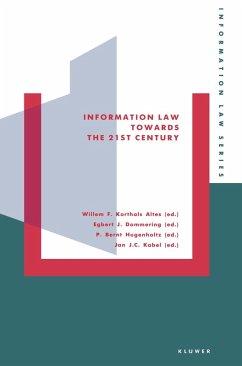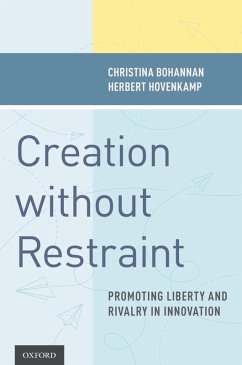
Innovation for the 21st Century (eBook, PDF)
Versandkostenfrei!
Sofort per Download lieferbar
13,95 €
inkl. MwSt.
Weitere Ausgaben:

PAYBACK Punkte
7 °P sammeln!
In recent years, innovation has been threatened by the United States legal system. Much of the blame can be attributed to the antitrust and intellectual property laws. Innovation for the 21st Century seeks to reverse this trend, offering ten revolutionary proposals, from pharmaceuticals to peer-to-peer software, to help foster innovation. Michael A. Carrier illustrates the benefits of improving the patent system and incorporating innovation into copyright and antitrust law. He also dips into a rich business literature to import ideas on "disruptive innovation" and "user innovation." And he rep...
In recent years, innovation has been threatened by the United States legal system. Much of the blame can be attributed to the antitrust and intellectual property laws. Innovation for the 21st Century seeks to reverse this trend, offering ten revolutionary proposals, from pharmaceuticals to peer-to-peer software, to help foster innovation. Michael A. Carrier illustrates the benefits of improving the patent system and incorporating innovation into copyright and antitrust law. He also dips into a rich business literature to import ideas on "disruptive innovation" and "user innovation." And he replaces the 20th-century view that the IP and antitrust laws are in conflict with a new 21st-century framework that treats them as collaborators. Innovation for the 21st Century: Harnessing the Power of Intellectual Property and Antitrust Law provides a comprehensive framework for the patent, copyright, and antitrust laws to promote innovation.
Dieser Download kann aus rechtlichen Gründen nur mit Rechnungsadresse in A, B, BG, CY, CZ, D, DK, EW, E, FIN, F, GR, HR, H, IRL, I, LT, L, LR, M, NL, PL, P, R, S, SLO, SK ausgeliefert werden.













